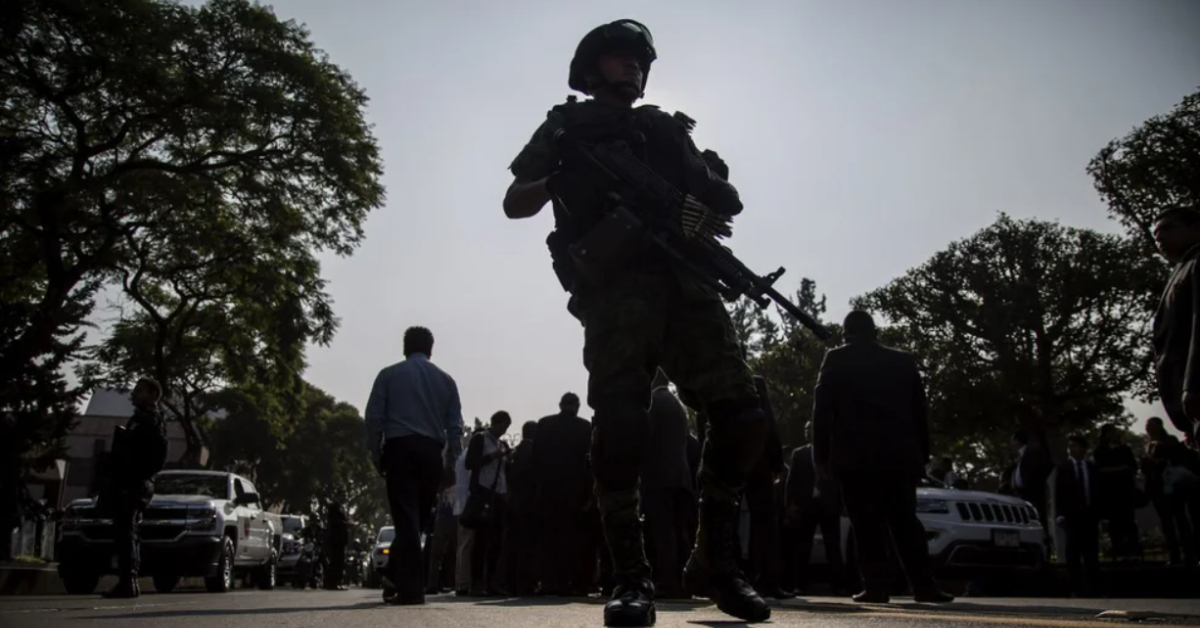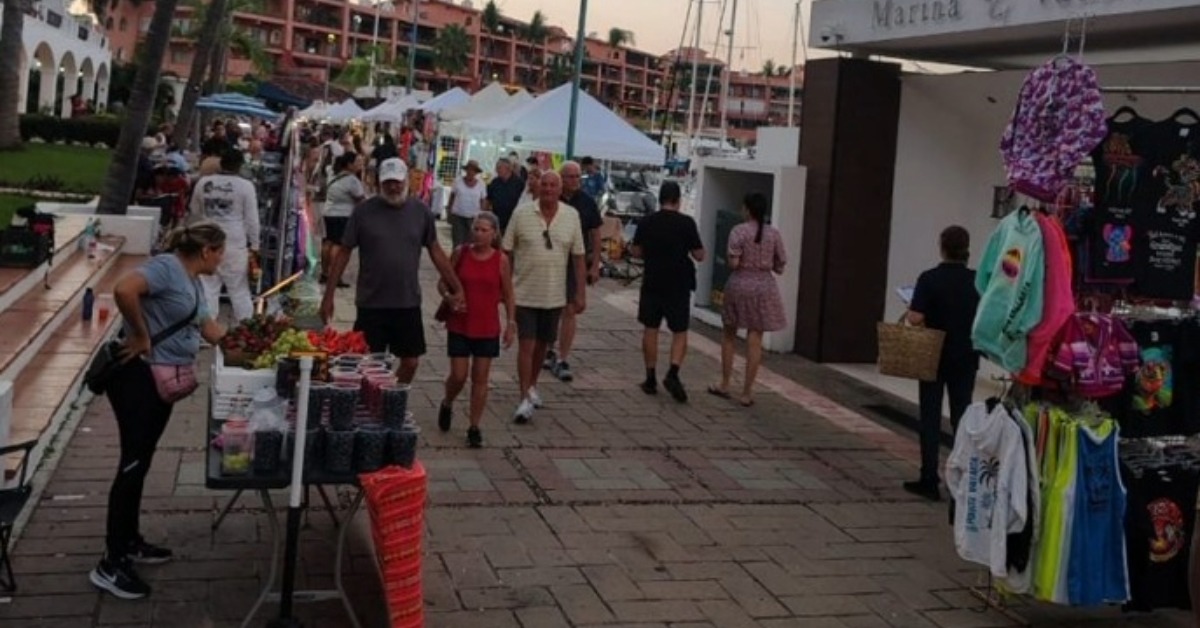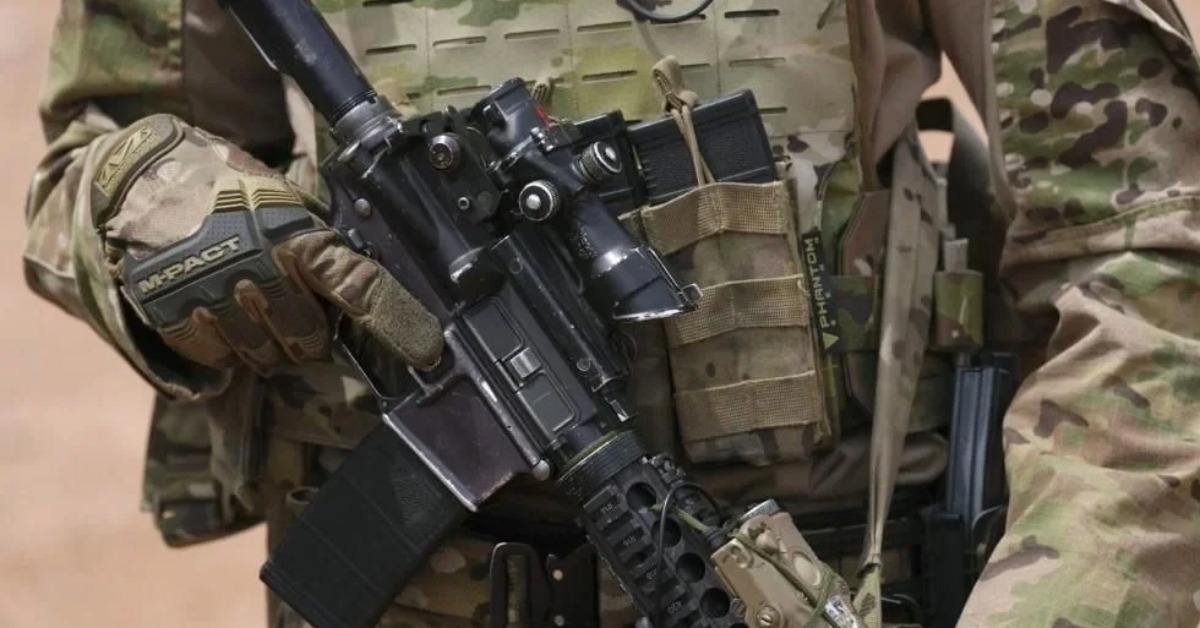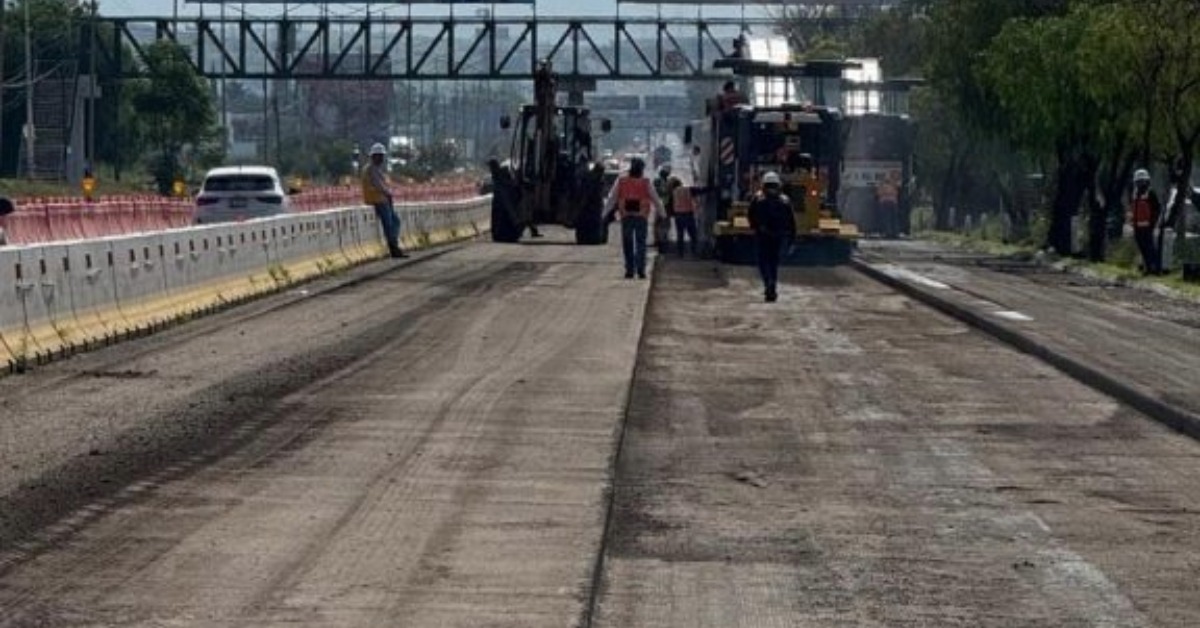Organized crime and violence that for decades have reproduced like a virus throughout Mexico, reaching the spheres of national sovereignty and governability, outline the increasingly worrying situation of defeat in which the Mexican state finds itself.
“(The state) lacks the necessary operational, functional and efficiency capacities to discourage and inhibit the constant territorial and functional expansion of powerful organized crime organizations, dismantle them and bring their leaders to justice,” said a newly published article by the Mexico Institute of the Wilson Center.
The text warns that the Mexican state is "technically defeated" because the pacification . . .






